Oct 15,V7N- Noise pollution is becoming a growing concern in Rajshahi, with alarming increases in sound levels across both commercial and residential areas of the city. A report published by the Barendra Environmental Development Voluntary Organization on October 12 revealed disturbing noise levels in several parts of the city. For instance, the sound level recorded in Talaimari was 88.8 decibels, in Railgate 96.3 decibels, at Bisik Junction 76 decibels, at Laxmipur Junction 96.1 decibels, and at Sahebbazar Zero Point 90.5 decibels.
One of the primary contributors to this noise is unnecessary honking, especially from battery-operated autorickshaws, rickshaws, and buses. Zakir Hossain Khan, an engineer with the organization, emphasized that many vehicles are using loud TT horns, which significantly contribute to the noise pollution. He proposed making trumpet horns mandatory for autorickshaws to reduce the noise, and suggested that autorickshaws and rickshaws should be confined to designated lanes to minimize honking. He also recommended implementing speed limits, which would indirectly help control the noise pollution.
The effects of noise pollution are not limited to humans; they also affect animals and birds. Khan stressed the importance of trees as a natural sound barrier. He advocated for planting beneficial trees like mango-jam, neem, and sajne (drumstick tree) in Rajshahi. These trees not only absorb carbon dioxide and release oxygen but also serve as effective barriers against both noise and air pollution.
Health professionals have also raised concerns. ENT specialist Dr. ASM Iqbal Hossein Saeed warned that prolonged exposure to high noise levels can damage hearing ability and lead to gradual hearing loss. He emphasized that reducing the use of hydraulic horns, commonly found in vehicles, is essential to mitigating this risk.
Rajshahi Divisional Commissioner Dr. Dewan Muhammad Humayun Kabir acknowledged that the sound levels in the city have significantly increased, particularly since the introduction of red-green autorickshaws on August 5. The influx of autorickshaws from outside the city has further amplified the noise levels.
To address the issue, Rajshahi Metropolitan Police Deputy Commissioner (Traffic) Noor Alam Siddiqui urged people to stop blaming others and instead work together to find solutions. He mentioned that mobile courts are being conducted, and efforts are being made by the police to control the situation. However, he pointed out that the shift to reducing the number of autos running together has only been partially effective, as some autorickshaws still operate in groups, especially on Fridays.
In conclusion, noise pollution in Rajshahi is a pressing issue that affects public health, and the authorities, along with citizens, need to take more decisive actions to mitigate the problem.
END/RAR/RH/



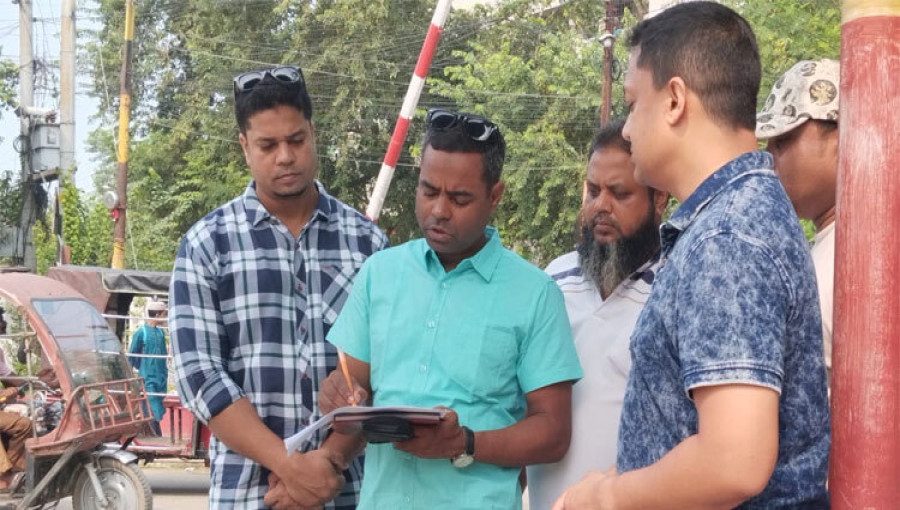
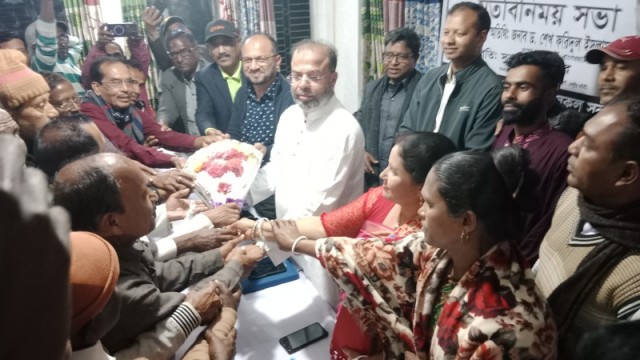
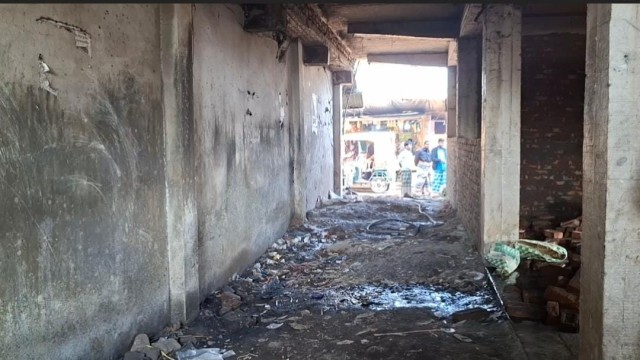
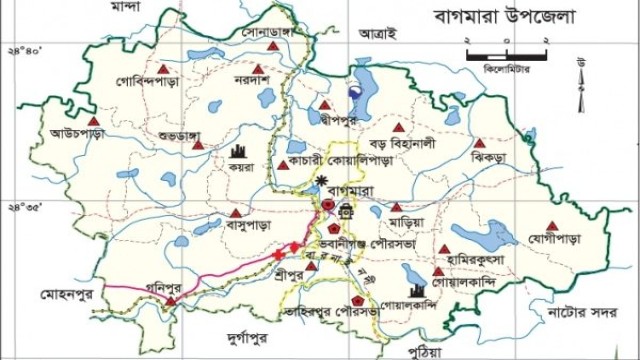

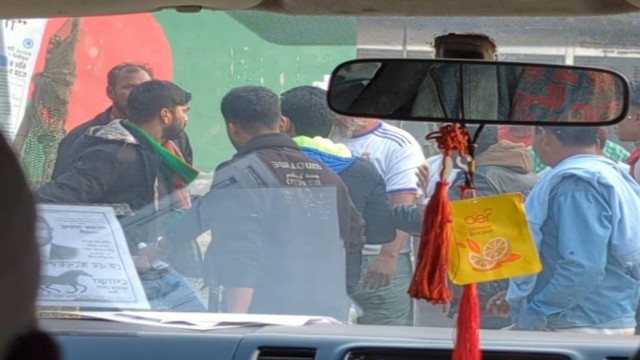
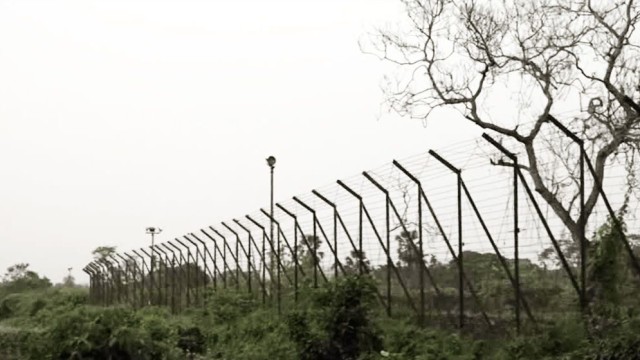

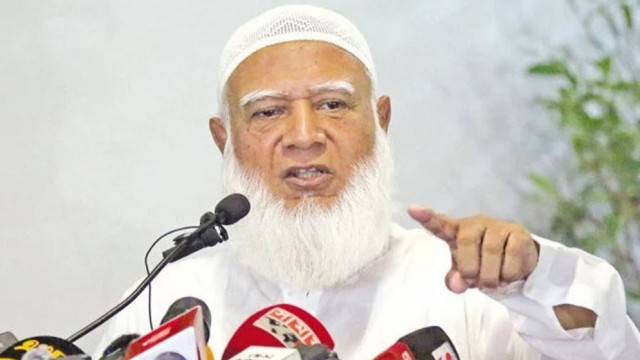
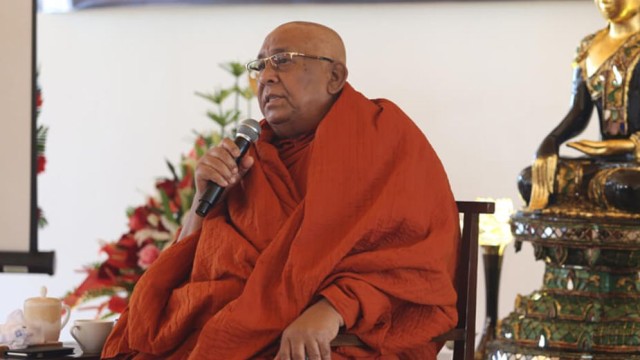




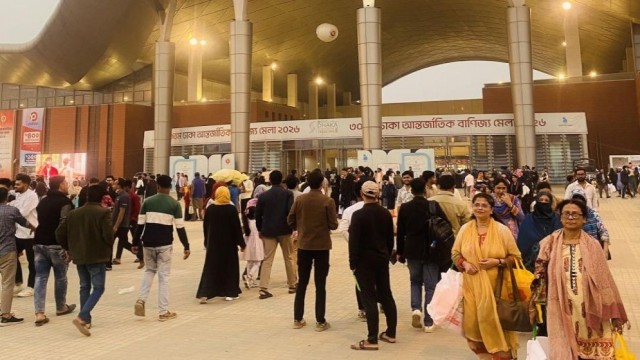
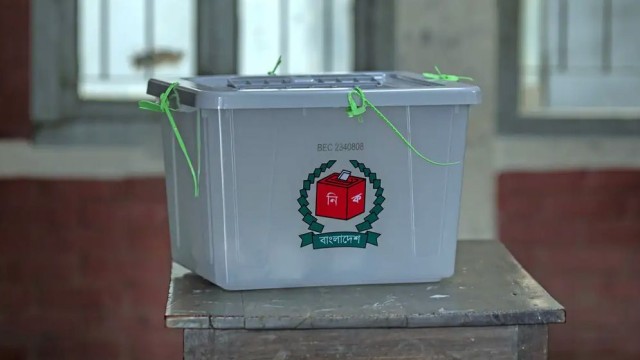
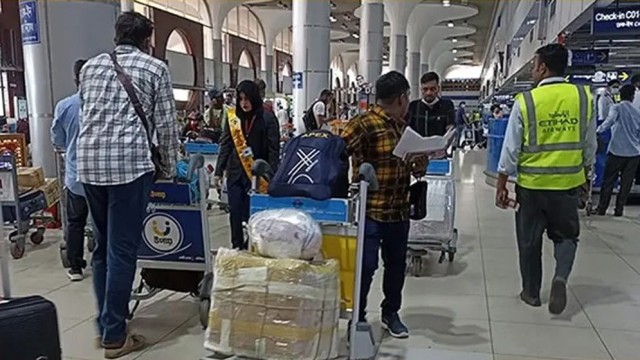

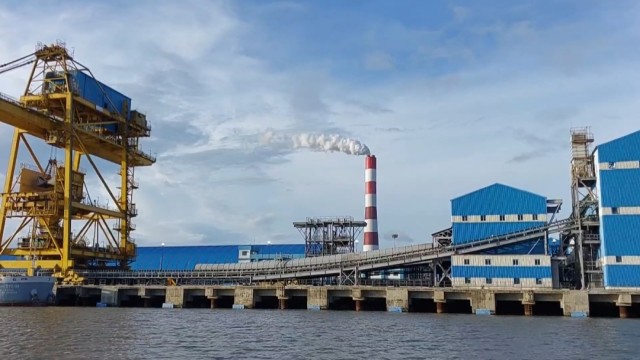

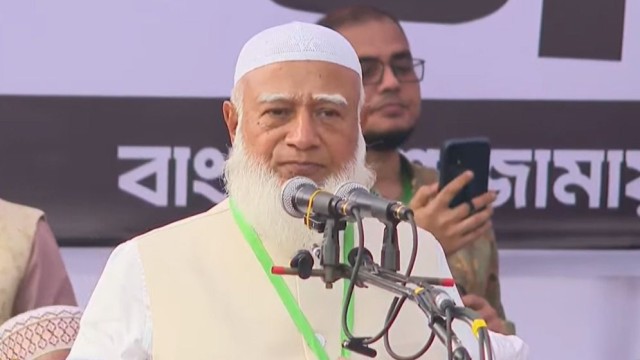
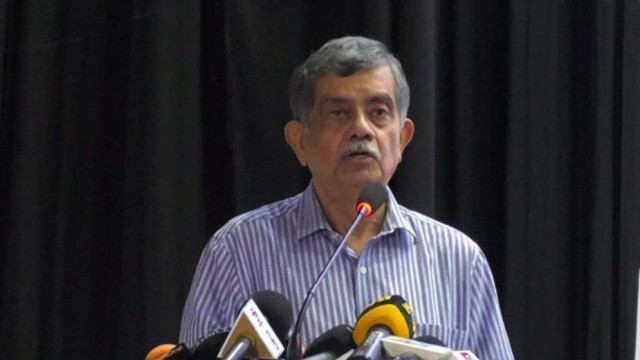
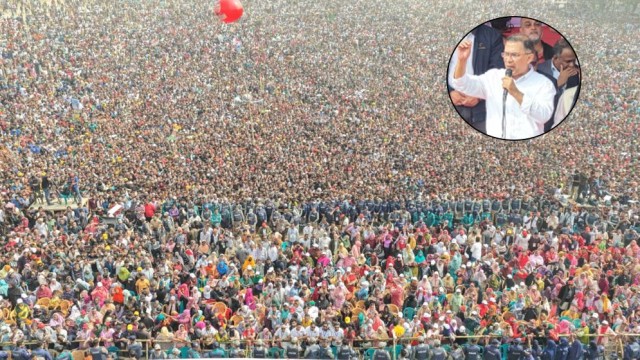
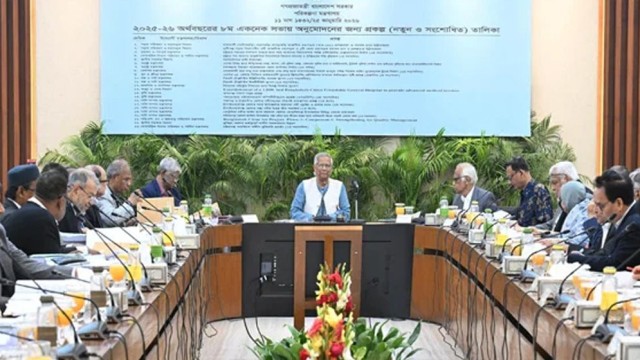
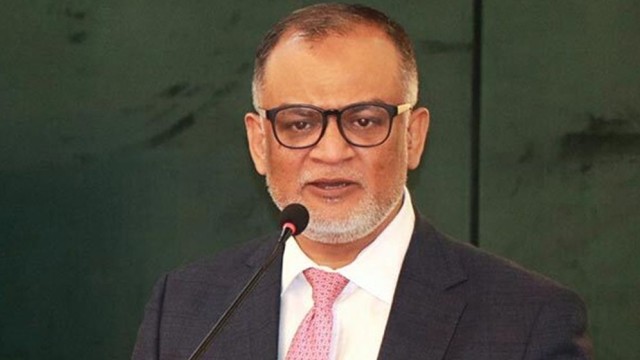

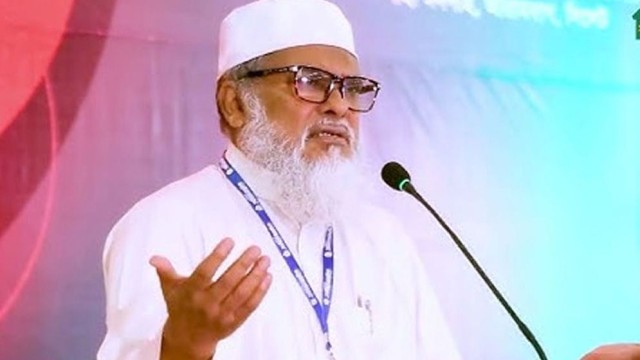
Comment: